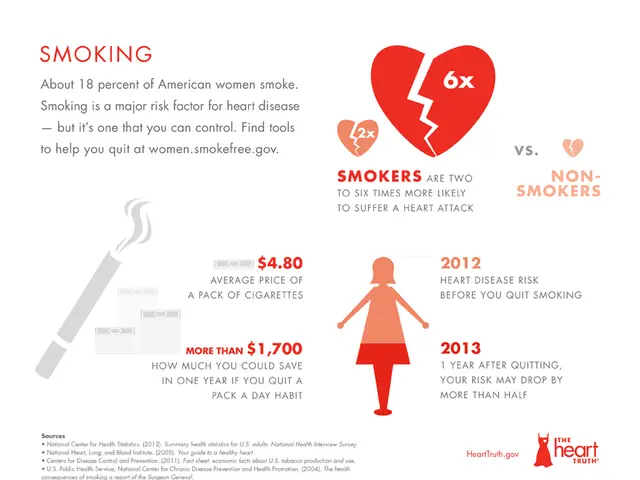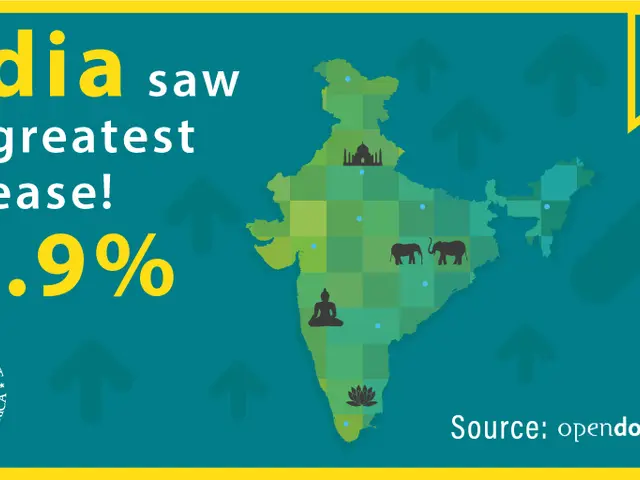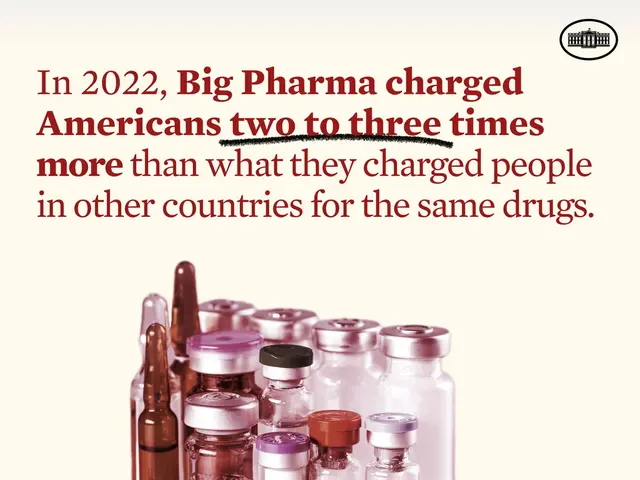Bangladesh police reform embraces community trust after deadly uprising
Following the 2024 July uprising, which resulted in numerous deaths and injuries, the focus in Bangladesh has shifted to pro-people policing. Baharul Alam, the incumbent Inspector General of Police (IGP), is committed to transforming the police force to better serve the public and restore morale. This move aligns with the United Nations' Sustainable Development Goal-16, aiming for peaceful societies and justice for all.
Pro-people policing, a new approach, moves away from reactive strategies. It emphasises community engagement, problem-oriented policing, and crime prevention. Key components include accountability, transparency, and smart policing. This approach aims to create an equitable society, build public trust, and improve overall quality of life. It is believed to contribute to democratisation, good governance, and economic growth in Bangladesh.
To achieve this, measures such as community policing, beat policing, a 999 emergency helpline, police professionalism, and proactive policing can be implemented. Political parties can play a crucial role in bridging gaps between the police and the people. An independent police commission can hold police personnel accountable, ensuring transparency and trust.
Pro-people policing has become a dominant topic in Bangladesh's political discourse following the July uprising. With the IGP's commitment, the Bangladesh Police is working towards becoming more pro-people, focusing on community engagement and crime prevention. This shift is expected to contribute to a more peaceful, inclusive, and just society.







